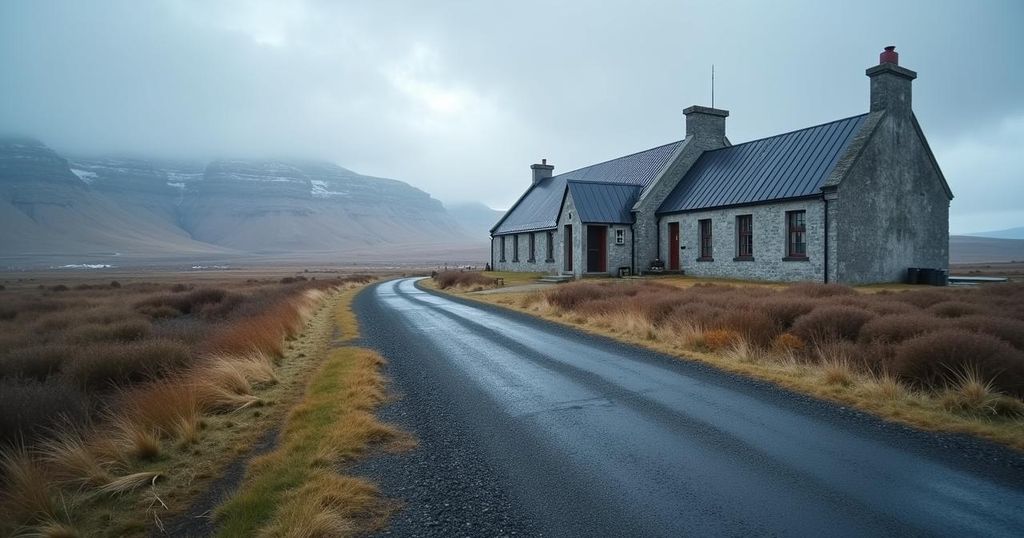Iceland Government Collapses Amid Policy Disputes, New Elections Scheduled for November

Iceland’s three-party coalition government has collapsed due to internal disagreements, prompting Prime Minister Bjarni Benediktsson to announce new elections in November 2024. The coalition faced growing tensions over various policy issues, with recent polls indicating waning support.
In a significant political development, Iceland’s ruling three-party coalition government collapsed on Sunday due to escalating policy disputes, as announced by Prime Minister Bjarni Benediktsson. Following the collapse, it has been confirmed that new parliamentary elections will be conducted in November. Prime Minister Benediktsson, leader of the conservative Independence Party, indicated that tensions in the coalition—comprised of the Independence Party, the Left-Green Movement, and the centre-right Progressive Party—had been mounting, particularly concerning foreign policy, asylum seeker issues, and energy policy. He remarked, “It is best if the government has a common vision,” reflecting on the challenges of differing priorities within the coalition. Furthermore, Benediktsson, a veteran politician with prior experience as finance and foreign minister, intends to meet with President Halla Tomasdottir to propose the formal dissolution of parliament ahead of the elections set for late November. The coalition’s popularity has suffered, as evidenced by a Gallup poll from October 1, which recorded their support at a mere 24.6%, marking the lowest approval rating for an Icelandic government in three decades. In contrast, the opposition Social Democrats have surged ahead with 26.1% support. Benediktsson became Prime Minister in April 2024, following Katrin Jakobsdottir’s resignation from her role with the Left-Green Movement in pursuit of the presidency, a position she ultimately did not attain. The coalition had been re-elected in 2021, securing 38 out of 63 parliamentary seats, though the Left-Green Movement saw a reduction, losing three seats and currently holding only eight.
The collapse of Iceland’s three-party coalition government highlights the complexities within their political landscape, particularly as it relates to growing tensions surrounding policy disagreements. The coalition, which includes both left and right-wing parties, was previously able to maintain power but has been unable to align their policies effectively, resulting in a significant drop in popular support and ultimately leading to their dissolution. This situation is further compounded by the recent political history of the parties involved, particularly the leadership changes within the Left-Green Movement. The upcoming elections in November 2024 will be crucial, as they will determine the future political landscape of Iceland amid these challenges.
In summary, the collapse of Iceland’s government underscores the significant ramifications of internal disputes within political coalitions, particularly when compounded by low public support. With new elections slated for November 2024, the political future of Iceland hinges on how the parties can address the underlying issues that led to this governmental breakdown. It remains to be seen how these dynamics will influence voter sentiment in the approaching elections.
Original Source: www.barrons.com








